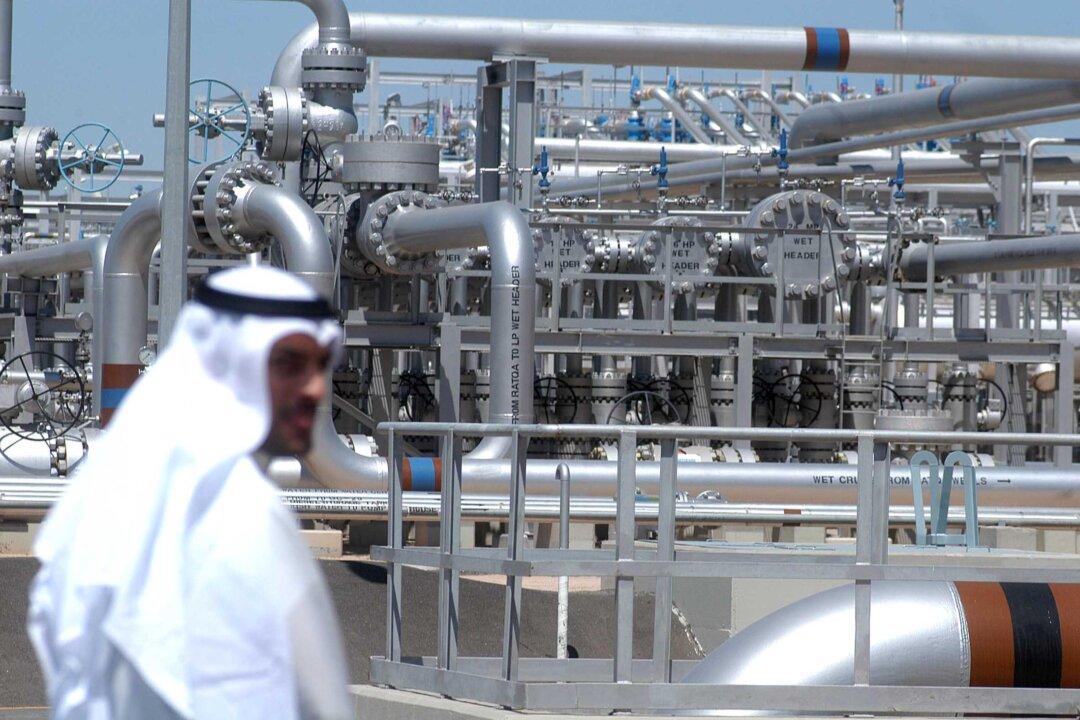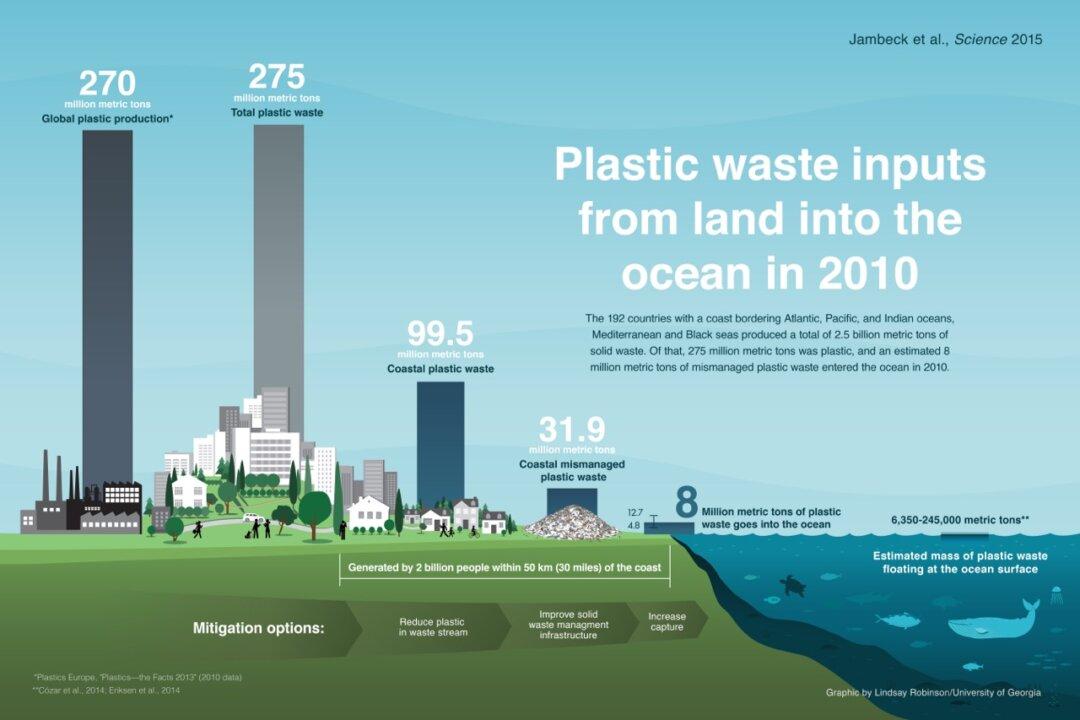Oil prices have plummeted over 45 percent since June. This comes after nearly five years of oil prices steadily holding above the $100 per barrel price. Many oil exporting countries have built their economies around this price, among them are some very oppressive regimes, countries with little freedom and lots of corruption, like Iran, Venezuela, Russia and Nigeria.
There are many reasons for this rapid drop in prices. Chief among them is the United States becoming the largest oil producer in the world, and the failure of OPEC countries to reach an agreement on at what price should they begin reducing production, which would raise prices, or at least stop the descent. The surprising strategy being employed by OPEC is thought to make more expensive forms of oil extraction, like from fracking, shale, and oil sands, unable to be profitable.
While OPEC could be trying to put a damper on the United States’ shale boom, it is causing oppressive regimes a lot more anxiety.
Russia
The former communist country has been very hard hit by the dramatic drop in oil prices. Russia is hugely dependent on selling gas and oil, 45 percent of the central government’s budget comes from the export of oil.
This has caused a domino effect compounded by severe economic sanctions imposed by most Western countries in response to Russia annexing parts of Ukraine and fighting a covert war in the eastern part of the country. The rouble is loosing its value at an alarming rate, encouraging currency flight and frightening off off foreign investors. Russia’s GDP is expected to shrink by 4 percent in 2015.




